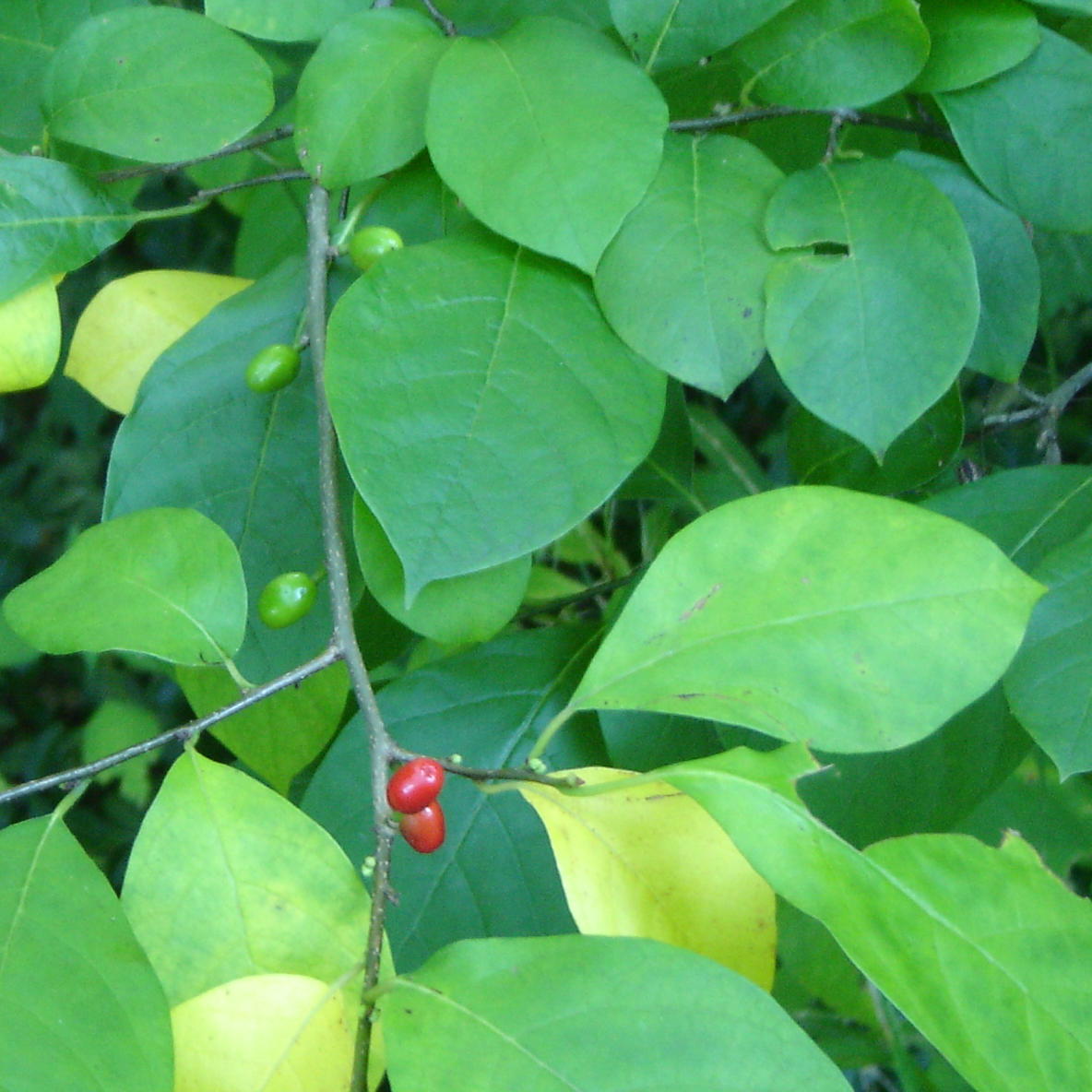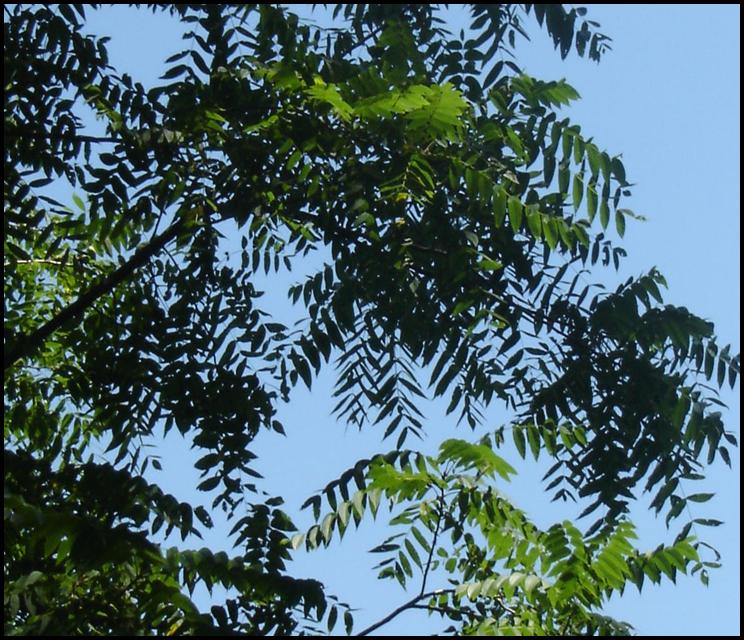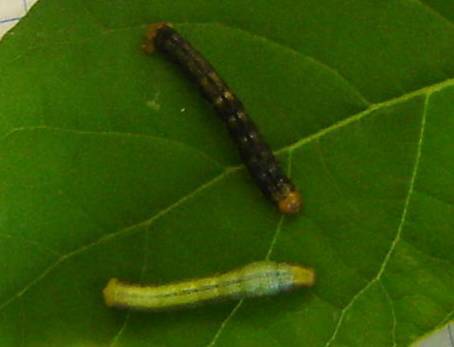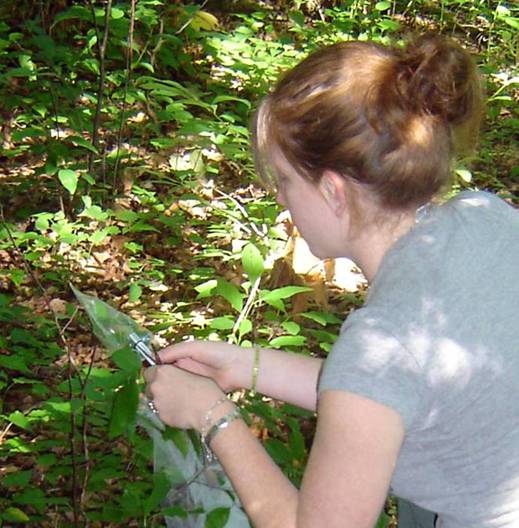Katherine R. Goodrich, Ph.D.
|
Research Interests |
Background |
Home Page |
Plant Chemoecology:"Chemoecology" refers to chemically-mediated interactions between organisms in an ecological context. Examples would include pheromones emitted from one insect which attract another insect as a mate, or scents emitted from a flower which attract insects that carry out pollination. I am particularly interested in volatile (air-bourne) plant chemicals which mediate interactions between plants and insects. Plant-insect interactions are incredibly diverse, and can largely be divided into interactions where plants co-opt insects as pollen vectors for plant reproduction, and interactions where insects utilize plants as food sources and brood sites. I am particularly interested in how volatile plant chemicals mediate these two, often interrelated, interactions. Furthermore, I am interested in examining multi-trophic ecological interactions related to floral and vegetative scents, and how plant-to-insect olfactory signals function in concert with visual and/or tactile plant cues. Chemoecology of spicebush (Lindera benzoin: Lauraceae) We are also interested in spicebush volatile organic compounds (VOCs) associated with different types of damage (mechanical damage vs. feeding by specialist or generalist caterpillars). This research was conducted as part of an undergraduate senior thesis by Erin Jo Tiedeken (currently a Ph.D. candidate at Trinity College in Dublin, Ireland). The data from this research are currently being analyzed and will be prepared for publication. Future projects in chemoecology Students interested in potential research projects in the Goodrich lab |

Lindera benzoin (spicebush)

Juglans nigra (black walnut)

Larvae of Epimecis hortaria (tulip tree beauty moth) at two different developmental stages.

Erin Jo Tiedeken (Muhlenberg '09) conducting field studies of herbivory in Lindera benzoin in 2008
